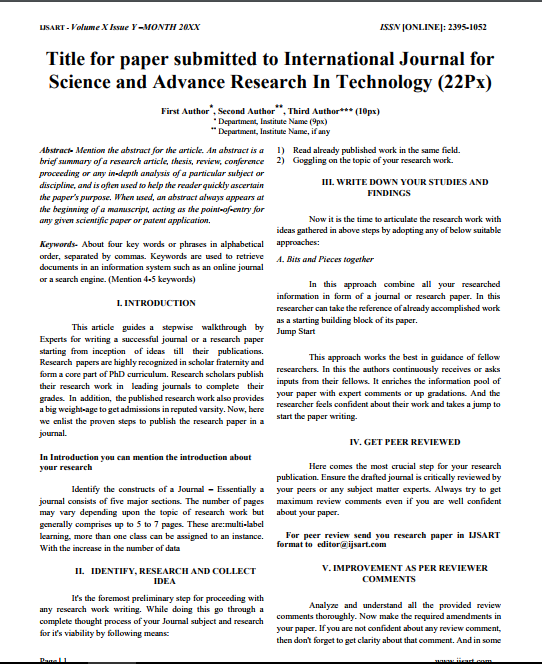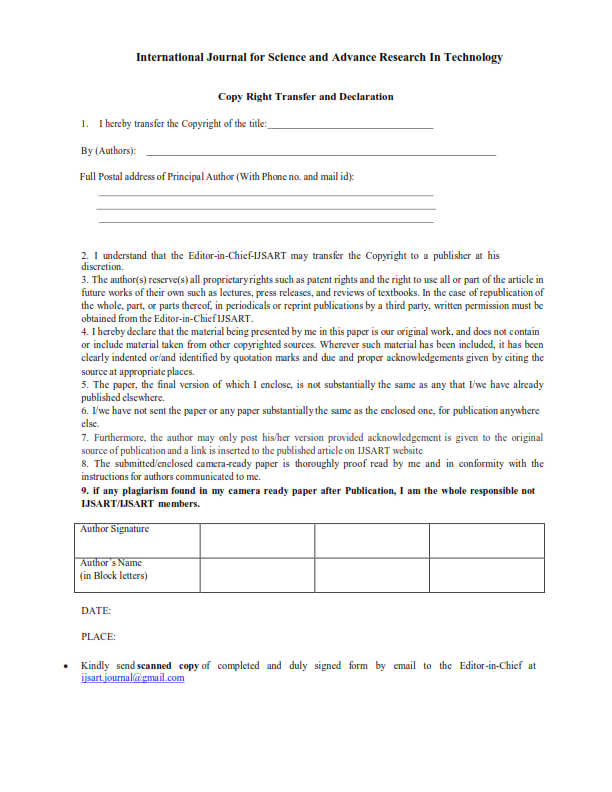Impact Factor
7.883
Call For Paper
Volume: 11 Issue 05 May 2025
LICENSE
A Study On Occupational Health Hazards And The Safety Measures Taken By The Tea Plantation Workers Of Kerala
-
Author(s):
Dr Prof Govindankutty | Mr. S. Priyadarshan
-
Keywords:
Accidents, Hygiene And Sanitation, Medical Facilities
-
Abstract:
Occupational Health Hazards Refer To The Potential Risks To Health And Safety Of Tea Plantation Workers In Their Workplaces. The Stressfulness Of Manual Activities Of An Occupational Worker Is Evaluated By Comparing Job-demands To Human-abilities Or Norms
Other Details
-
Paper id:
IJSARTV4I422196
-
Published in:
Volume: 4 Issue: 4 April 2018
-
Publication Date:
2018-04-01
Download Article


